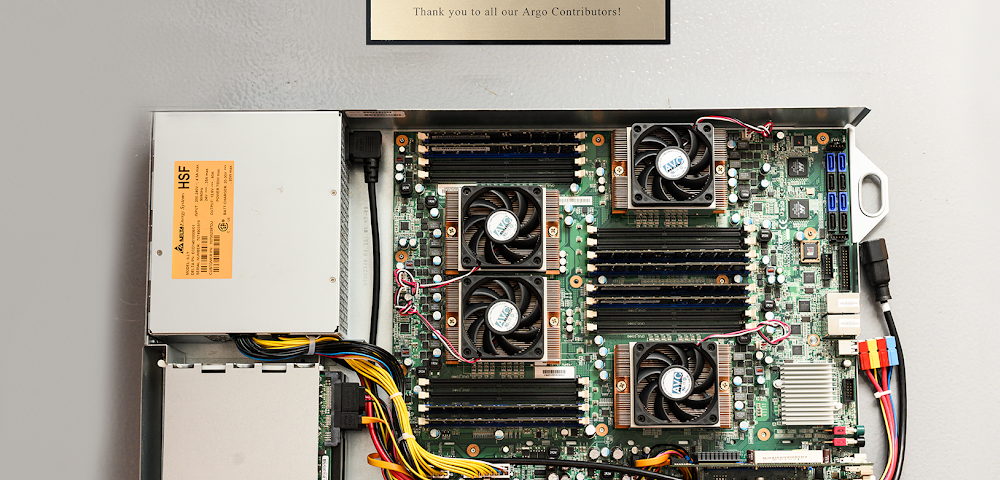Today we are pleased to announce that we are using AMD EPYC processors for our internal workloads and that they will soon be available to Google Cloud customers.
AMD and Google have a long history of collaboration. Our “Millionth Server,” built in 2008, was based on an AMD chip, and we are proud to be the first to use the latest AMD platform in data centers that power our products.

For Google Cloud customers, we believe in more choice and less complexity. To bring the benefits of our AMD collaboration to our customers, we will soon offer new virtual machines powered by 2nd Gen AMD EPYC processors. These will be the largest general-purpose VMs we’ve ever offered.
More CPU options gives you greater flexibility to choose the best VM for your workload. Whether you’re running general-purpose workloads that require a balance of compute and memory, or big compute workloads driven by memory bandwidth, the new AMD VMs come in a wide range of sizes to meet your needs. Available with 2.25 Ghz base frequency, 2.7Ghz all-core-turbo frequency, and 3.3Ghz single-core turbo frequency, EPYC processors start at 2 vCPUs and scale up to over 200 vCPUs. They will support RAM-to-vCPU ratios from 1 to 8. You will also be able to configure them as custom machine types tailored to your specific workload.
We believe that many general-purpose workloads, including back-office applications and web servers, will see price-performance improvements on the new AMD VMs compared to their current configurations. Big compute workloads driven by memory bandwidth such as financial simulations, reservoir analyses, and weather modeling, can take advantage of full-socket VM sizes that provide up to 60% better platform memory bandwidth than existing instances. The new AMD VMs will be available later this year.






